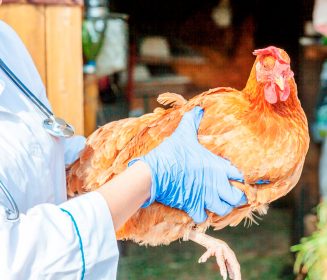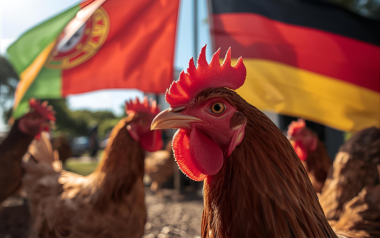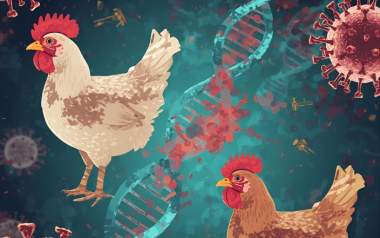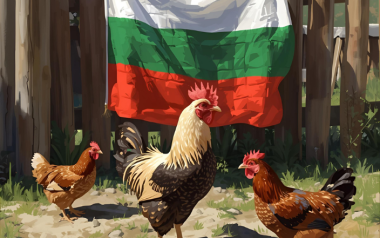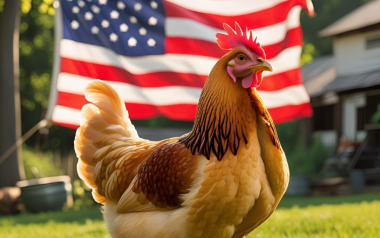Sources: Available upon request.
15 Jan 2025
U.S. to create new Bird Flu vaccine reserve
The United States is taking proactive measures to combat the ongoing threat of avian influenza by creating a new vaccine stockpile. This decision comes in response to the persistent outbreaks of Avian Influenza A (H5N1), which have raised concerns about potential pandemics and the impact on both public health and the poultry industry.
The United States is taking proactive measures to combat the ongoing threat of avian influenza by creating a new vaccine stockpile. This decision comes in response to the persistent outbreaks of Avian Influenza A (H5N1), which have raised concerns about potential pandemics and the impact on both public health and the poultry industry.
Background and context
Avian influenza, commonly known as bird flu, is a highly contagious viral infection that primarily affects birds but can also infect humans and other animals. The H5N1 strain has been particularly worrisome due to its high mortality rate in birds and its potential to cause severe illness in humans. Over the past few years, there have been numerous outbreaks of H5N1 in various parts of the world, including the United States. These outbreaks have led to significant economic losses in the poultry industry and have heightened fears of a possible human pandemic.
The U.S. response
In light of these concerns, the U.S. government has decided to establish a new stockpile of avian influenza vaccines. The Department of Health and Human Services (HHS) and the United States Department of Agriculture (USDA) are collaborating on this initiative. The goal is to ensure that there is a sufficient supply of vaccines available to respond quickly to any future outbreaks.
The new stockpile will include millions of doses of vaccines specifically designed to protect against the H5N1 strain. These vaccines will be stored in strategic locations across the country, allowing for rapid deployment in the event of an outbreak. The stockpile will also be regularly updated to ensure that the vaccines remain effective against any new strains of the virus that may emerge.
Challenges and considerations
While the creation of a vaccine stockpile is a significant step forward, there are several challenges that need to be addressed. One of the primary concerns is the logistics of distributing the vaccines quickly and efficiently during an outbreak. This requires careful planning and coordination between federal, state, and local authorities.
Another challenge is ensuring that the vaccines are accessible to all populations, including those in rural and underserved areas. The government will need to work closely with healthcare providers and community organizations to ensure that everyone who needs the vaccine can receive it.
Conclusion
The establishment of a new avian influenza vaccine stockpile is a proactive measure that underscores the U.S. government’s commitment to protecting public health. By preparing for future outbreaks, the United States is taking important steps to mitigate the impact of avian influenza and safeguard both human and animal health. This initiative highlights the importance of vigilance and preparedness in the face of emerging infectious diseases.








